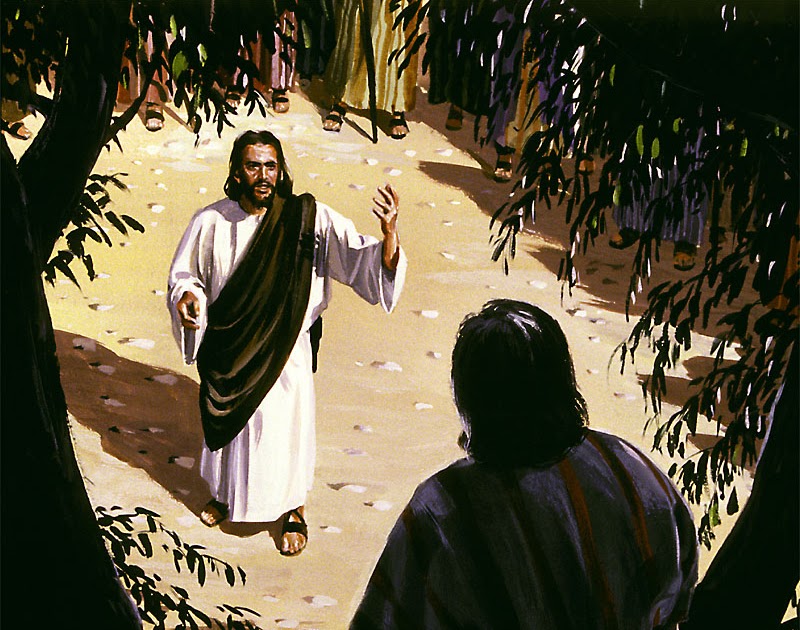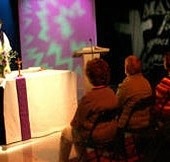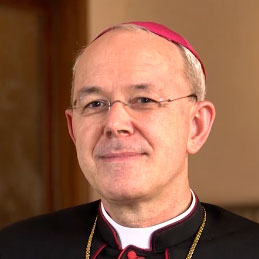Zacchaeus must have had a burning desire for Jesus. By climbing a tree he makes a fool of himself. That childlike behaviour is a good example for us.
We can ask ourselves, do I want to see Christ that much? Do I do everything I can to see him? Or do I avoid encounters with him? Or, if I already see Christ, do I prefer to keep a distance?
I’m reminded of Graham Greene, a famous twentieth-century novelist, and a famous on-again off-again Catholic. In his twenties, he married a Catholic and converted. In the subsequent years he wrote some outstanding Catholic-themed novels.
But Greene was not a faithful husband, and as his marriage collapsed, his faith lapsed. He stopped going to confession and stopped receiving communion, though for many years he continued to frequent Sunday Mass.
In 1949, Greene and his mistress visited a Franciscan monastery, where they attended Mass offered by by Padre Pio. Greene later wrote that this encounter with the famous mystic “profoundly moved” him, and during the Mass, Greene lost “all sense of time.”
But when Greene had an opportunity to personally speak with Padre Pio, he beat a hasty exit. “I didn’t want to change my life by meeting a saint,” he wrote. “I felt that there was a good chance that he was one. He had a great peace about him.”
Greene was obviously awed in the presence of holiness. He recognised that “great peace” is the mark of a saint. But he feared it too, because he knew it would transform his life.
It’s quite a contrast to Zacchaeus. Zacchaeus climbs a tree, and from that safe distance he can observe Jesus. But when God approaches he doesn’t back away like Graham Greene. He hurries down the tree and welcomes Jesus into his home. Sure enough, his life is transformed, but we can be sure that Christ’s peace becomes Zaccheaus’ peace too.
Perhaps Greene discovered this for himself 40 years later. By then, he had returned to the sacraments, and the man who famously described himself as a “Catholic atheist,” died a holy death.
Graham Greene and Zacchaeus are both outstanding witnesses to the mercy of God. The Lord does not forget his own.
Of all the people in Jericho, Jesus singles out the chief of the tax collectors. An outcast. A traitor. But also son of Abraham. A child of God.
We must never doubt God’s goodness and mercy — for ourselves, and for those whom we love. God’s mercy will always eclipse our human limitations.
As Graham Greene famously wrote in one of his Catholic novels (Brighton Rock):
“You cannot conceive, nor can I, of the appalling strangeness of the mercy of God.”






Thank you for yet another blog which has succeeded in making me think and cry ! Divine mercy is strange and yet I feel it is so intangible to truly understand. ( Or for me accept)
I love Graham Greene , GK Chesterton and Evelyn Waugh. Do you know of any other authors which write with a similar genre ?
I preached on Graham Greene too. This is becoming a little uncanny.